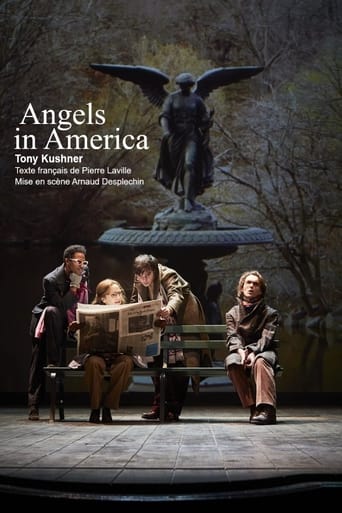Earning a Pulitzer Prize and Tony Award in 1993, subsequently adapted for television and opera, "Angels in America" stages American society of the Reagan years, mixing intimate stories and political events, realism and the fantastical while following the dark narrative thread of the AIDS epidemic. This was the disease that, in 1986, ended the life of Roy Cohn, an unscrupulous lawyer who was a disciple of McCarthy, a homophobe, racist, “bully, coward and victim” as described on the Washington Memorial Quilt. Kushner makes him one of the twenty-three characters – played by eight actors – of his Gay Fantasia on National Themes divided into two parts: "Millennium Approaches" and "Perestroika". The setting is New York between 1985 and 1990. The Republicans are in power, the Chernobyl catastrophe is imminent, the collapse of the Berlin Wall is about to overturn cold war politics and HIV, still synonymous with certain death, is reduced to the definition of homosexual cancer.

